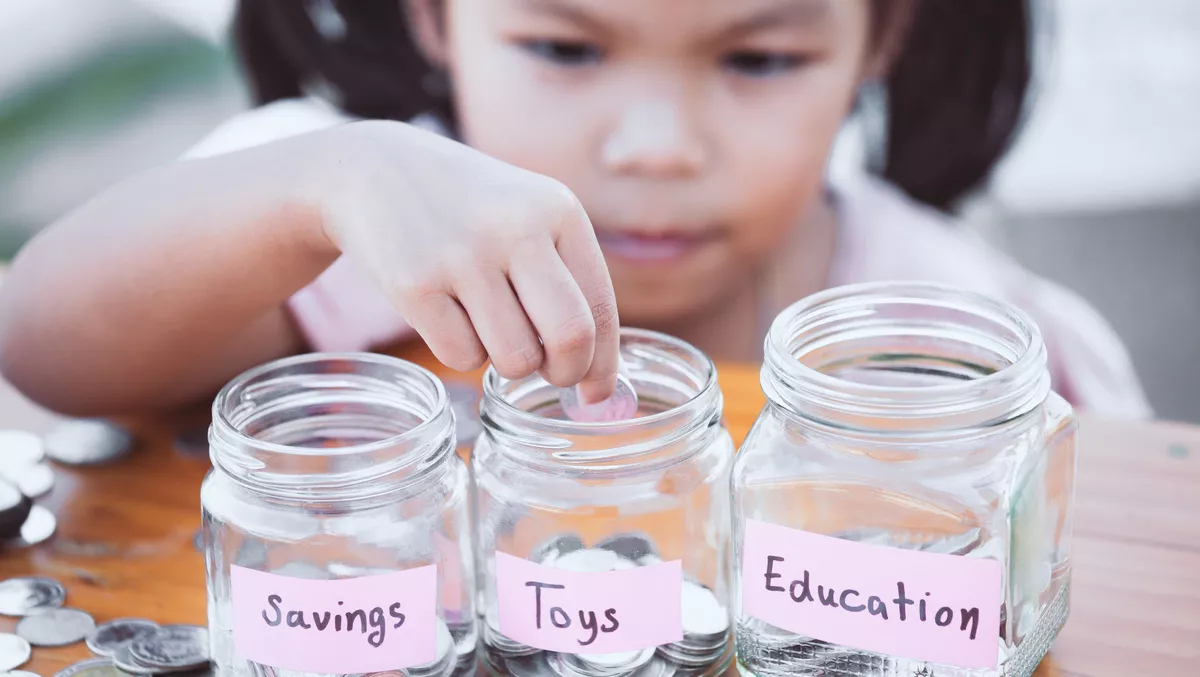
Banqer: Fun financial literacy for kids
Back in August 2014, a standout team won the competition at Startup Weekend Education in Wellington, solving an important societal problem – raising the financial literacy of school children. Over the weekend, they built their Minimum Viable Product (MVP), a gaming platform for kids to earn virtual currency (funny money) at school, and then save, invest, trade, loan, borrow, buy virtual goods, and generally learn how to work with money in a safe environment. They validated the riskiest assumptions in their plan, explored partnerships with banks, and brought on their first customers.
Since then, they've gone from strength to strength. They went on to win the BNZ Webstock Startup Alley competition in early 2015, launched in New Zealand schools, and are now used by over 7,000 students in nearly 500 classrooms, mostly in NZ, but with a handful overseas.
Even more remarkable is that this growth has been driven mainly by word of mouth and teacher referrals within the school system. They haven't needed to take in any investment. Other than the $20K prize they won at Webstock, they've had no non-revenue cash inputs. They're currently profitable, and they continue to grow at a good clip.
Banqer lets students earn virtual money through a number of means. The most common method is to get rewarded for completing tasks, doing good deeds, and exhibiting responsible behaviour. For example, if you're want to be the classroom rubbish monitor, you might have to apply for the job, and then you'll get paid in virtual currency. Students can spend their virtual money on privileges, such as selecting a movie to watch in the last week of class, preferential classroom seating, or "owning" virtual goods. Some teachers even let kids buy their way out of doing non-critical homework. Students save their money to earn interest, or invest in their classmates' virtual businesses. How students can earn or spend their virtual currency is entirely at the discretion of the classroom teacher.
In 2016, one of Banqer's main focus is building partnerships with players in the financial services and allied industries. As an example, working with their partners in the real estate sector, they recently released a real estate module. Students can buy and invest in virtual properties, for which they might need to take out (virtual) mortgages, and then earn rental income to pay off their borrowings. They might need insurance though, in case of a virtual natural disaster like an earthquake or volcano eruption.
Banqer's revenue model is simple: after a 30-day free trial, students pay $3.50 per term, which drops to $2 if they sign up for multiple terms. They have a retention rate of over 70%.
Banqer have just announced a partnership with Kiwibank, which will cover the costs of Banqer for students whom the subscription fee would present a financial hardship. Good on you, Kiwibank, for helping uplift the financial literacy of those who might need it most.
Kendall Flutey is the inspiring leader who pitched the idea at Startup Weekend, pulled together an all-star team, drove progress, and went on to bootstrap her startup to widespread adoption, profitability, and international expansion over the last year-and-a-half. She has a fascinating back story, which you can learn more about at inner.kiwi. Kendall is a contemporary hero: she received a BCom in accounting and a Masters in Entrepreneurship from Otago, learned to code in the first cohort at Enspiral Dev Academy, cut her chops as a dev at Abletech, and founded her first startup, all before her 25th birthday.
Her team includes Ben Wigley (CTO), Mark McHardy (Designer), and Micah Hocquard (Educational Specialist). These guys are no slouches and are all at the top of their game.
Overseas expansion is squarely on Banqer's radar in 2016. Due to similarities in the school systems, it will be straightforward to enter the Australian market.
But the big opportunity is the USA. As part of the Webstock prize, Kendall spent some time based at the Kiwi Landing Pad exploring the US market. She learned that financial literacy is more of a focus in high school in the US, and that group is where the real opportunity lies. As it stands, the current Banqer product is designed for primary school students, and it would be difficult to extend the product in a way that both primary and secondary students would find suitable. So much of the focus in the second half of 2016 will be building a new product from the ground up, suitable for high schools.
The past 18 months has been a huge rollercoaster ride for Kendall. Her advice to entrepreneurs?
"Entrepreneurship is not a walk in the park. I question what I'm doing all the time. Taking risks and dealing with uncertainty are daily activities, and go hand-in-hand with sleepless nights, self-doubt, stress, foreign situations, pulling yourself out of your comfort zone, fulfilling the expectations of strange audiences, and laying down the train tracks as you're driving on them. But it's all worth it when you can see the positive change you're making in the people around you."
You can help raise the financial literacy of our tamariki in New Zealand, and help the Banqer team by recommending Banqer to anyone you know in the education system. If people learned how to manage money from an early age, our society might be a much happier place.
If you're interested in learning about how to launch a startup, there are plenty of Startup Weekends coming up round the country this year. Also, you might like to check out Kendall's reflections on her experience at Startup Weekend.

